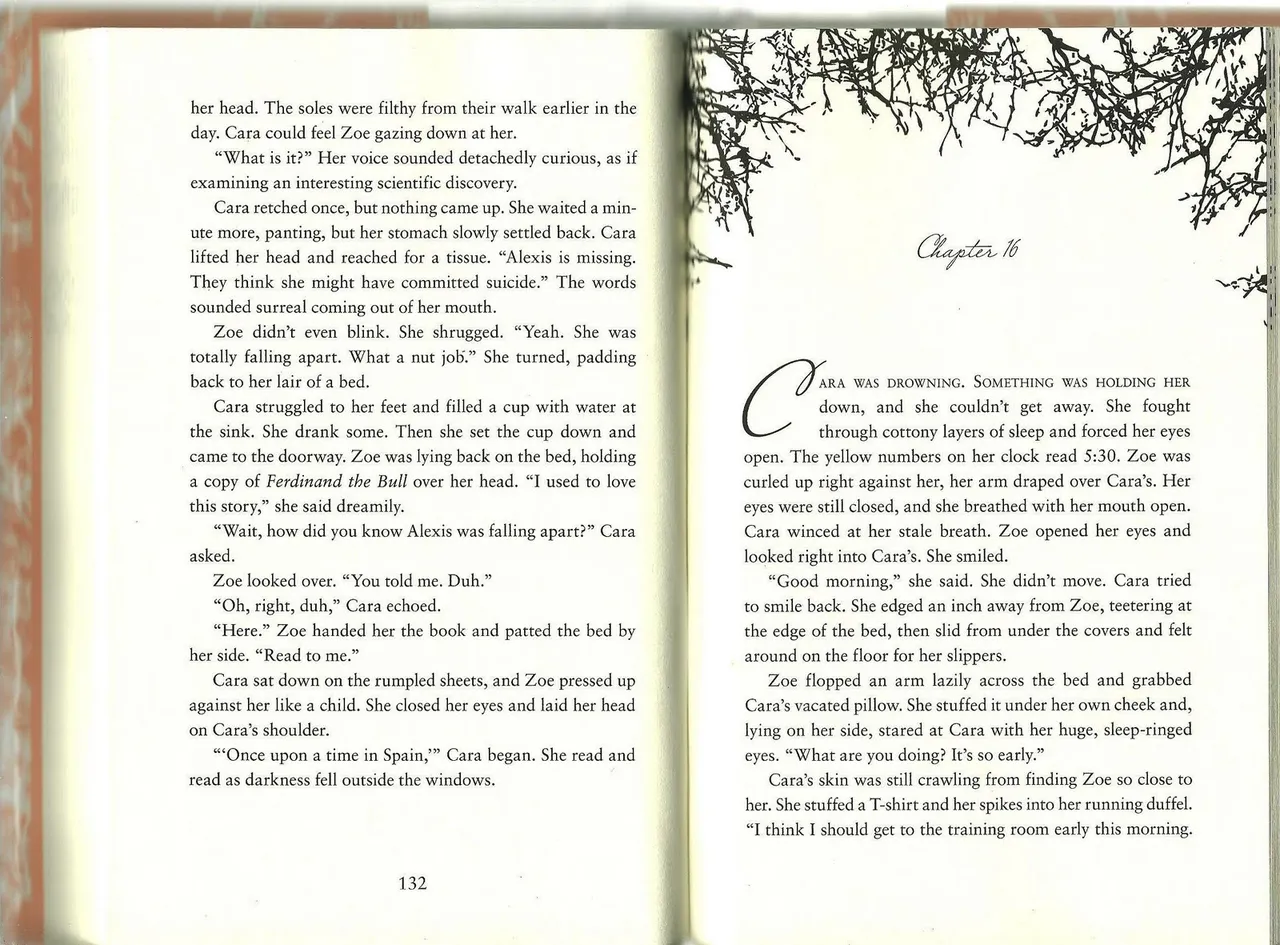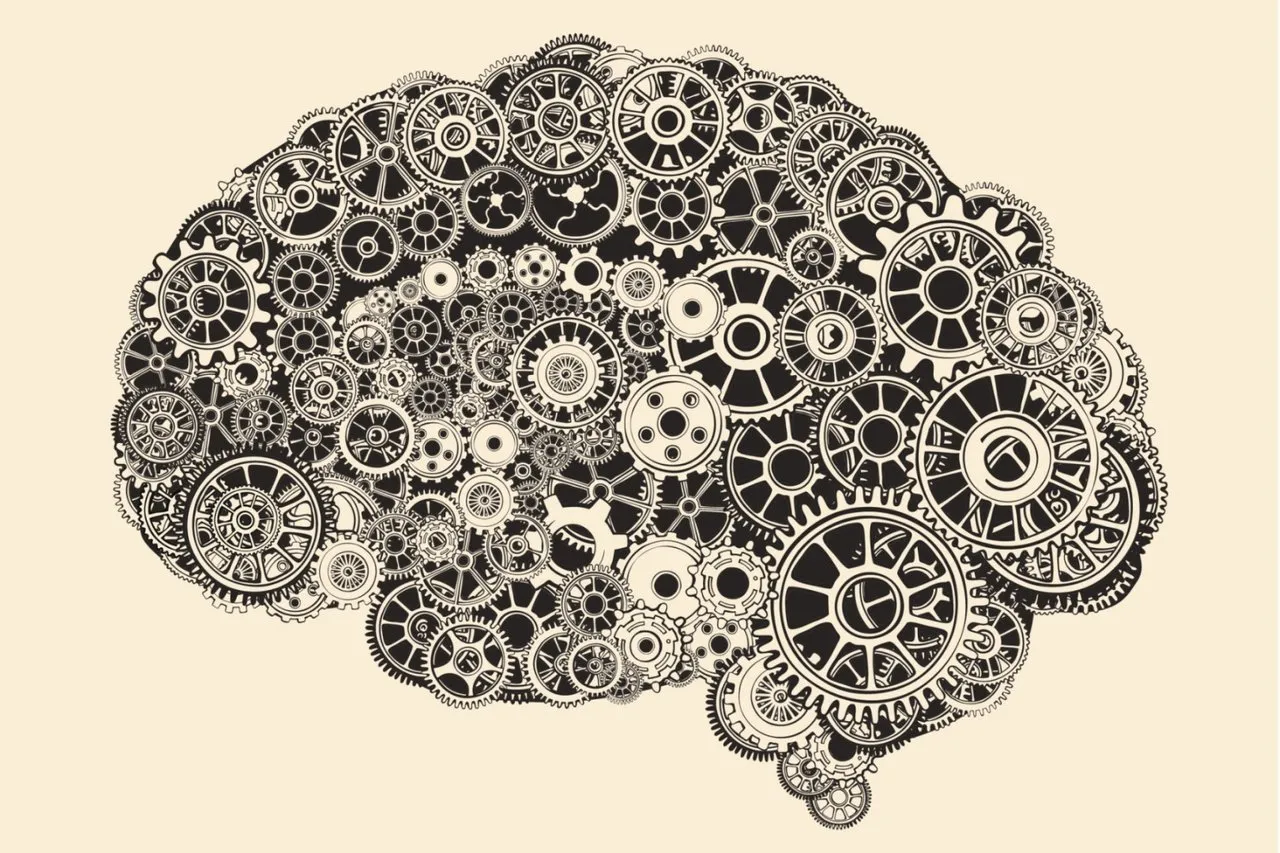Motor on with reading
Researchers have found that reading words in a novel also stimulate parts of the mind that are unique for language processing skills within social encounters.
The brain, it appears, doesn't make much of a difference between reading about an experience and experiencing it in real life, and in each case, the same neurological areas are triggered.
Keith Oatley, an Emeritus Professor of cognitive psychology at the University of Toronto, has suggested that reading produces a vivid simulation of reality.
Fiction - with its redolent details, inventive metaphors and careful descriptions of individuals and their activities - provides an especially rich reproduction.
In one respect novels rise above simulated reality to give readers an experience directly available from the page: an opportunity to enter fully into other people's ideas and feelings.

The novel, of course, is an unparalleled medium for the exploration of the human condition and life. There's evidence that as the mind responds to representations of smells and textures and movements within the novel, it acts as if it had been the real thing, so it is the interactions among imaginary characters that act as something similar to real life social encounters.
The novel narrative offers a distinctive chance to indulge in this capability as we bond with the characters longings and frustrations, guess at their hidden motives and track their activities with friends and family.
It's an exercise that hones our real life social capabilities. This connection persisted even when the scientists accounted for the possibility that more empathetic introverted people may prefer reading novels. So next time you pick up a book, remember it maybe more like reality than you think.
